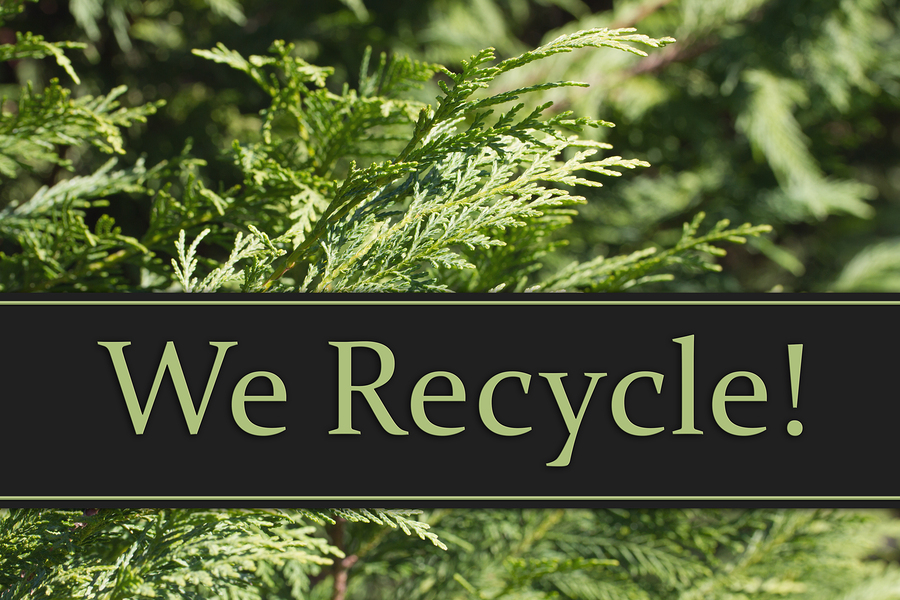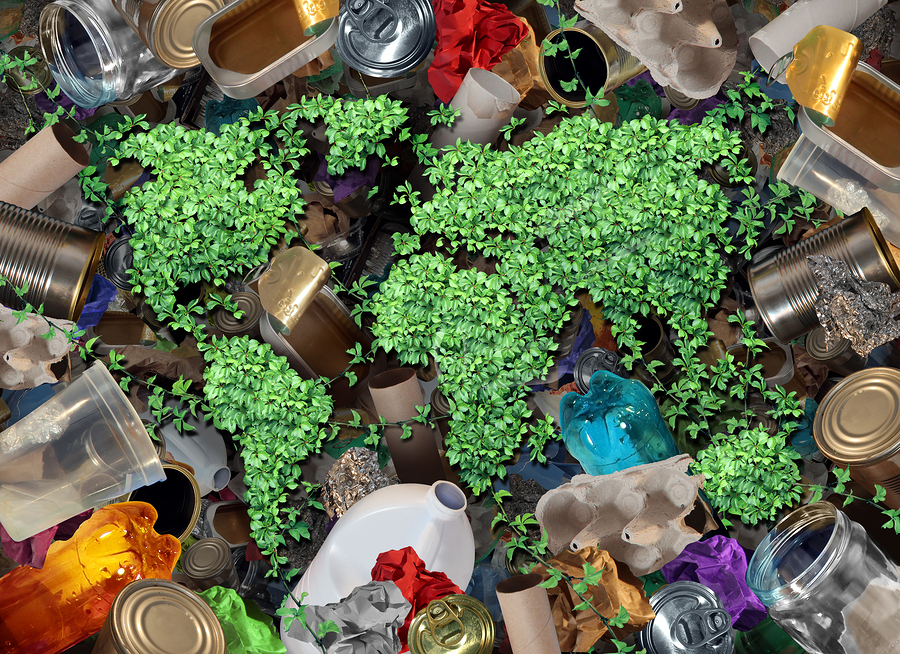- Make It Yourself Lavender Heart-Shaped Bath Bombs!
- 20 Things You Never Knew About “Down There”
- 12 Best Foods For Those Suffering From Arthritis Pain
- 12 Personal Hygiene Mistakes Almost Everyone Makes (Mom Never Told You About #4!)
- 15 Medicinal Plants And Herbs From The Cherokee People
- 12 Mind-Blowing Benefits Of Drinking Coconut Water During Pregnancy
- 12 Outstanding Winter Foods That Won’t Fatten You Up Like A Christmas Turkey
The Shocking Things That Happen When You Don’t Recycle Old Plastic

Photo credit: bigstock.com
Hopefully you are trying to recycle as much plastic as possible but some days, don’t you just want to pitch it all in the trash and just have it be done with? Unfortunately, a great many people seem to feel this way.
While the recycling of glass and plastic appears to be growing, only a very small amount of plastics are being recycled. The EPA (Environmental Protection Agency) states that only about 6.8 percent of all plastic was recycled in 2007. Compare that with the 50 percent of all paper that gets recycled and it’s clear that we have a problem with plastic.
Why such a low rate of recycling? One of the reasons is that not all types of plastics are accepted by curbside or community recycling programs. For example, plastic bags and packing peanuts may not be accepted.
The American Plastics Council states that about half of all communities in the US have some type of recycling program for plastics. Individual communities determine the type of plastic that they want to accept as well as the types of materials they want to recycle. So while some communities offer curbside recycling along with regular trash pick-up, other communities have residents drop off their items to be recycled at specific drop off points or centers. This means that while some communities might accept just about any type of plastic, others are limited in what they are willing to accept, such as only plastics marked with the PET or HDPE markings.
When communities do not accept certain types of plastic, what are consumers to do? Many of them, apparently, are simply opting to throw them away. This limited acceptance might be the reason why we find such low rates of plastic recycling.
There is some hope, however. At least some types of plastics are being recycled, such as individual water bottles. These are recycled at about a 23 percent rate, while milk cartons and larger sized water bottles get recycled about 28 percent of the time and, PET soft drink bottles are recycled about 37 percent of the time.
However, to truly be effective all types of plastics should be nearer the 98 percent level.
Continue to Page 2

Photo credit: bigstock.com
About 1 billion plastic bags are given out each and every day, however, only about 1 percent are being recycled. To minimize the number of plastic bags, some cities have placed a surcharge or tax on them and some cities have banned them outright. Consumers are being encouraged to provide their own paper or cloth shopping bags which will help over time.
But what happens when plastic is simply dumped into landfills along with other waste? Without recycling, plastic cannot be reworked or reused and this means that new plastic will be made. This requires even more natural resources and a bigger impact on the environment.
First off, landfills are literally filling up faster and faster each year, much of this due to plastic use. In 1960, only about 1 percent of all municipal waste was made up of plastic. In 2007, that number jumped to 12 percent or 31 million tons of plastic. One plastic bag takes about 1,000 years to decompose. That is crazy considering how thin those bags are.
Another issue is most of the garbage and trash you find in streets, buses, subways, and other public venues are plastic. This litter costs huge amounts of money to clean up and send off to recycling centers. Discarded plastic, such as bags, frequently end up in our oceans and cause the death of hundreds, if not thousands, of whales, sea turtles and fish. Even on land, cows, goats, and pigs eat plastic pieces or plastic bags thinking they are food. They die agonizing deaths all because someone couldn’t be bothered to put something in the recycling bin.
READ ALSO: 30 Creative Ways to Use Less Plastic and Go Green!
If your community does not support curbside recycling, or if they have only accepted a small amount of plastic or a small variety of plastics, you can locate numerous recycling centers using Earth 911. This site can locate the nearest recycling center so you can dispose of your plastic safely and feel good about what you are doing for your fellow man, Mother Earth, and every living creature on this planet.
Don’t litter and don’t throw plastic (or anything that can be recycled) in with the regular garbage.
References:































